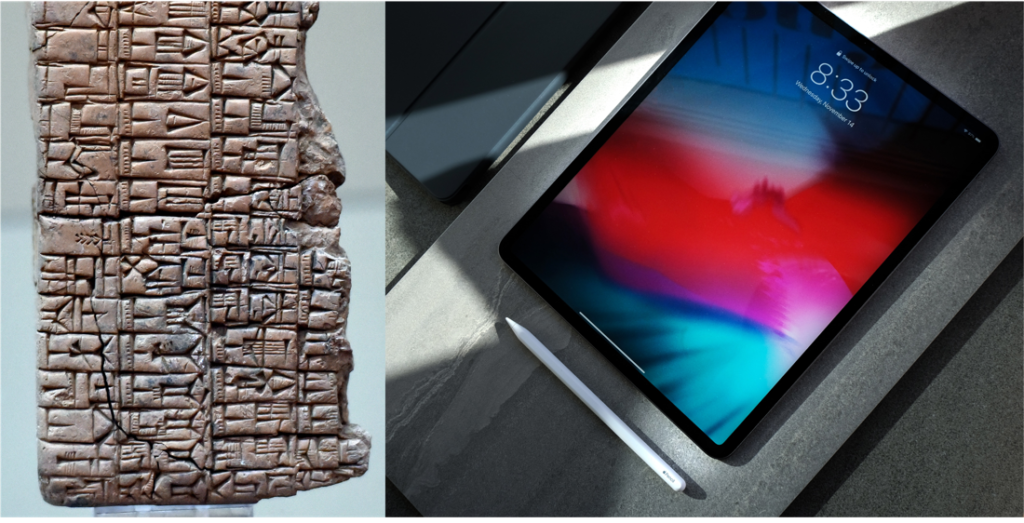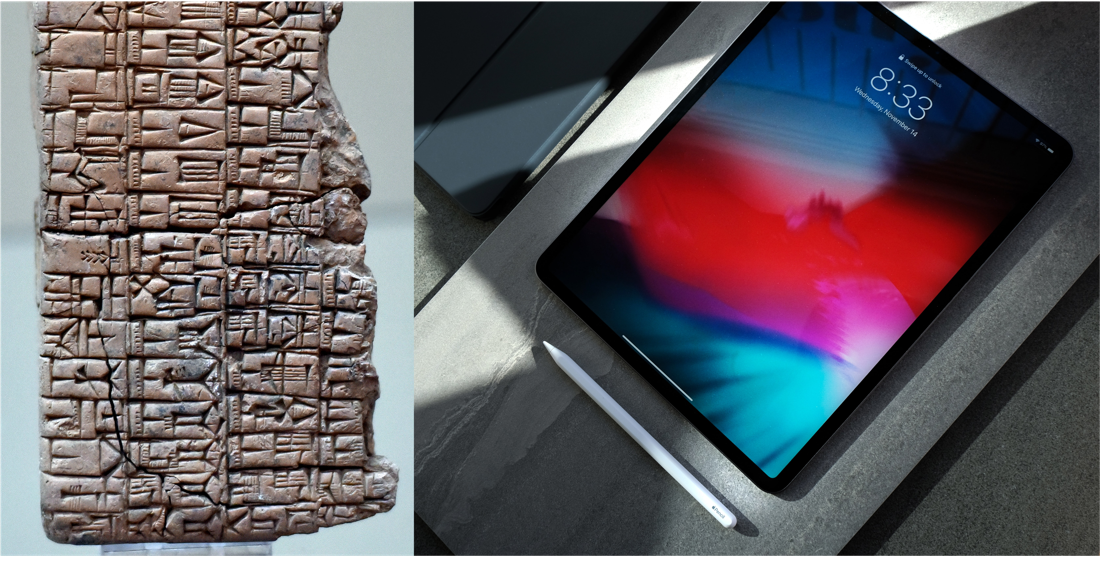This page has updates and news about the Computational Humanities research group at King’s College London 🔗
Activities
We are excited to share the programme for our winter 2023/2024 seminars.
Our seminars will feature an array of international speakers who will present their current research. In our seminar series, we’re launching the idea of “reproduci-talks”: the last part of these talks is dedicated to going through your project’s code repository at a high level, to encourage reproducibility of the research. If you’d like to stay up to date with our activities, please sign up for our mailing list.
2024/2025 seminars
- Seminar | Ambiguity and Archive: Computational Hermeneutics of Conflict Poetry through RAG • 27 May 2025
- Seminar | Adventures in Fandom and Conspiracy Theory with Corpus Linguistics and the New Statistics • 18 March 2025
- Seminar | Structure Meets Strategy in the Misinformation Age: a Simulation-Based Study • 4 March 2025
- Seminar | Evolution of Moral Expressions in Music: Applying MoralBERT to Large-Scale Lyrics Datasets • 25 February 2025
- Seminar | Gender-Coded Sound: Analysing the Gendering of Music in Toy Commercials via Multi-Task LearningS • 22 October 2024
- Seminar | Computational theatre research: leveraging large datasets and AI for the performing arts • 12 November 2024
- Seminar | Part-of-Speech Tagging & Lemmatisation in Unedited Greek: Simple Tasks, Complex Challenges? • 10 December 2024
2023/2024 seminars
- Seminar: How does language change and variation affect our ML models? • 7 May 2024
- Seminar: Examining temporality in historical photographs • 9 April 2024
- Seminar: Diversity and Inclusion in the Sharing Economy: An Airbnb Case Study • 27 March 2024
- Seminar: Large language models show human-like content biases in transmission chain experiments • 20 March 2024
- Seminar: Exploring Changes in Sensory Descriptions Over Time: A Frame-Based Approach to the Study of Smelling and Tasting • 27 February 2024
- Seminar: Studying Temporal Changes in Long-Term Audiovisual Data • 13 February 2024
- Seminar: Empowering Cities: Health, Culture, Knowledge, and Resiliency • 31 January 2024
- Seminar: Experiments with stylometric distant reading too many books, or is there evolution in literature, or what happens to target language in translation, or what is poetry, and many other things • 28 November 2023
- Seminar: Using AI to broaden access to historical archives • 21 November 2023
- Seminar: A digital journeying around • 12 September 2023
2022/2023 seminars
- Panel: High-dimensional cinema • 7 July 2023
- Seminar: Forgotten knights and unseen sailors • 13 June 2023
- Seminar: Museums online: defining and evaluating success • 5 June 2023
- Seminar: placing Greek inscriptions with machine learning • 23 May 2023
- Seminar: Latin BERT for Word Sense Disambiguation • 16 May 2023
- Seminar: Historical Language Models and their application to Word Sense Disambiguation • 9 May 2023
What are/is the Computational Humanities?
Computational Humanities is devoted to the application and development of computational and quantitative approaches to humanities data in all its forms. Computational humanities has been an integral part of Digital Humanities since its beginnings, but recent years have seen a particularly favorable context, with increased interest and investment in research around the world.
The group
The Computational Humanities research group within the Department of Digital Humanities at King’s College London brings researchers active in Computational Humanities. The aims of the group are to build a research environment dedicated to CH research, particularly for early-stage career researchers, showcase computational research ongoing in the department of Digital Humanities and beyond via regular seminars and events, attract new research opportunities in the CH space, strengthen links with relevant groups and initiatives, and develop research funding applications.
Our objectives/interests
The group investigates how computational methods augment and transform humanities scholarship. The following themes and groups of questions are central to the group’s scope:
- Computational analysis of cultural and social phenomena: How can data science methods be applied to large datasets to study questions in the humanities, particularly in history, art history, geography, archaeology, literary studies, and media studies?
- Open humanities data: How can open research practices be embedded in humanities research? What are the advantages and peculiarities of open data and data publishing for humanities researchers?
- Critical technical practice and the calculation of meanings: how can we critically research and computationally intervene in the calculation of meanings in language, images, and symbols?
- Synthetic media and generative approaches in computational humanities: How to incorporate large general purpose computational models and the forms of synthetic media they produce as tools and objects of research in humanities computing?

Who we are
Group lead: Barbara McGillivray
Members:

